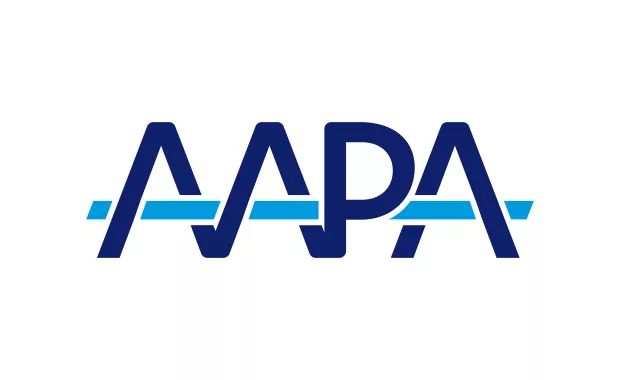Optimize Nutrition to Support a Healthy Immune System
Nutrition Critical for Managing Strength/Energy During Recovery, Type 2 Diabetes Efforts
SPONSORED
July 16, 2020
The COVID-19 pandemic has led to renewed interest in helping patients avoid illness and recover strength/energy afterwards. One way to help with that is with optimized nutrition. There is a strong relationship between poor nutritional status and compromised immune health. Patients who are at the highest risk for compromised immune health include those who do not get adequate amounts of food in their diets, do not have access to foods with key nutrients, are malnourished, or have certain health conditions that may require specialized nutrition support but are not receiving it.

Although Darrin Cottle, PA-C, RD, with ARUP Family Health Clinic in Salt Lake City, Utah, says while he is not actively treating hospitalized patients with COVID-19, he spends lots of time counseling patients about the virus. They discuss how to get testing, how long to quarantine, how and when to use masks, and how to support a healthy immune system. He also recommends how his patients can address nutritional needs during an illness and in managing Type 2 Diabetes.
Nutritional needs during illness
“We know that nutritional needs go up during an acute infection,” Cottle says. “The severity or degree of infection plays a role in nutritional needs such as caloric and protein needs. For example, someone with a simple viral upper respiratory infection with mild symptoms will have different needs than someone who is septic or has a more severe infection. The type of infection also matters. A patient with profound diarrheal illness may need more aggressive fluid and electrolyte replacement than someone with a simple uncomplicated influenza like illness.”
“There are many methods for estimating calorie needs, protein needs, fluid needs, electrolytes needs and vitamin/mineral needs based on infection severity, infection type and type of patient (inpatient vs outpatient). Given the level of complexity, I avoid making specific nutritional recommendations for COVID-19 infected patients, largely because they are unknown; however, those needs will also vary based on the severity of the COVID-19 infection.”
Cottle says most of us can get the nutrition we need through diet alone; however, patients with underlying conditions often require nutrition support. A common example of nutrition support in a healthcare setting is IV fluids, according to Cottle.
“Most of us are familiar with IV fluids as a basic nutrition support (water is a nutrient!). When our appetite drops, either from infectious or non-infectious reasons, we need nutritional support, and this is where a nutrition supplement can be helpful. Nutrition supplements can include both macronutrients (water, calories, protein, fat, carbohydrates) and micronutrients (vitamins/minerals/electrolytes).
“If patients can’t get those nutrients through diet when recovering from illness, using a nutrition supplement or medical meal replacement supplement can be helpful until normal dietary practices return. Of course, some patients require nutrient specific supplements such as iron or vitamin B12 because they are not getting enough through their diet.”
Type 2 Diabetes and Nutrition Support
Optimized nutrition also has many benefits in managing chronic diseases. Working in primary care as a PA and registered dietician, Cottle sees lots of patients with type 2 diabetes and calls nutrition one of the three pillars to managing type 2 diabetes.
“Essentially, there are three pillars a patient can utilize to control type 2 diabetes: 1) medications, both oral and injectable; 2) dietary habits, or nutrition choices; and, 3) physical activity and exercise. Weight loss is a fourth pillar that results from nutrition and exercise. When patients truly focus on diet and exercise as part of a comprehensive diabetes program, we see the best results.”
You May Also Like
PAF Nutrition Collaborative
Nutrition Toolkit
For samples, coupons and additional patient resources for Ensure and Glucerna, click here.
Thank you for reading AAPA’s News Central
You have 2 articles left this month. Create a free account to read more stories, or become a member for more access to exclusive benefits! Already have an account? Log in.



